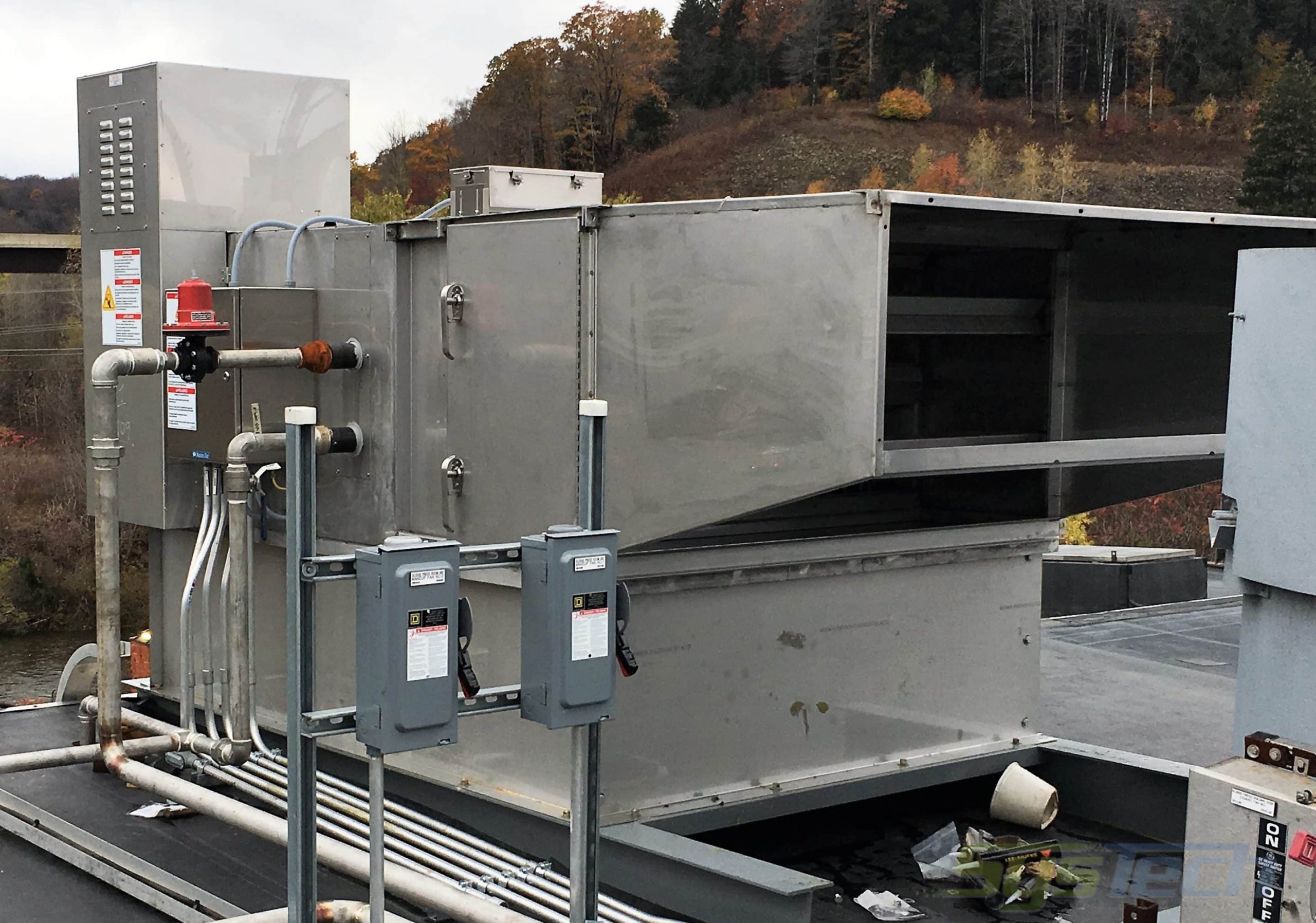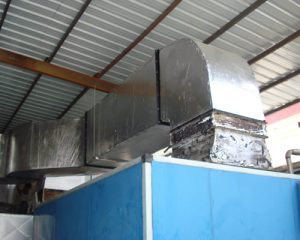
In any workshop environment, ventilation plays a vital role in ensuring a safe and productive working space. Proper ventilation not only helps to maintain a comfortable temperature but also serves several other important purposes. This article will delve into the multifaceted benefits of ventilation in a workshop, exploring its impact on safety, productivity, and air quality.
- Ensuring Safety:
Ventilation systems in workshops are primarily designed to remove hazardous substances and maintain a safe working environment. By effectively removing airborne contaminants such as dust, fumes, and gases, ventilation helps to prevent respiratory problems, eye irritation, and other health issues among workers. It also reduces the risk of fire or explosion by eliminating flammable or toxic substances from the air. - Enhancing Productivity:
A well-ventilated workshop can significantly enhance productivity levels. Adequate airflow helps to regulate temperature and humidity, creating a comfortable working environment for employees. This, in turn, improves concentration, reduces fatigue, and boosts overall productivity. Proper ventilation also prevents the buildup of stale air, which can lead to drowsiness and decreased alertness. - Controlling Air Quality:
Ventilation systems play a crucial role in maintaining high air quality within a workshop. They help to remove pollutants, odors, and excess moisture, ensuring a clean and fresh atmosphere. This is particularly important in industries where harmful substances are used, such as painting, welding, or chemical manufacturing. By continuously exchanging indoor and outdoor air, ventilation systems help to dilute and remove contaminants, thus safeguarding the health of workers. - Preventing Equipment Damage:
Workshops often house expensive machinery and equipment that require proper ventilation for optimal performance and longevity. Excessive heat and humidity can cause equipment to overheat, leading to malfunctions and costly repairs. Ventilation systems help to dissipate heat, maintain stable humidity levels, and prevent the buildup of dust and debris on sensitive components, thus extending the lifespan of machinery. - Compliance with Regulations:
Proper ventilation is not only essential for the well-being of workers but also a legal requirement in many jurisdictions. Regulatory bodies set specific standards for ventilation in workshops to ensure the health and safety of employees. By adhering to these regulations, businesses can avoid penalties, lawsuits, and reputational damage.
Conclusion:
In conclusion, ventilation serves a crucial purpose in workshop environments, encompassing safety, productivity, and air quality. By effectively removing hazardous substances, regulating temperature and humidity, controlling air quality, and preventing equipment damage, ventilation systems create a conducive working environment. Businesses must prioritize the implementation and maintenance of proper ventilation to protect the well-being of their workforce and optimize operational efficiency.


